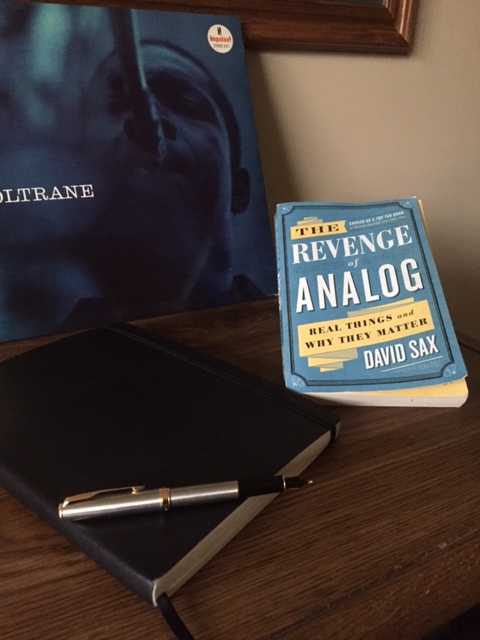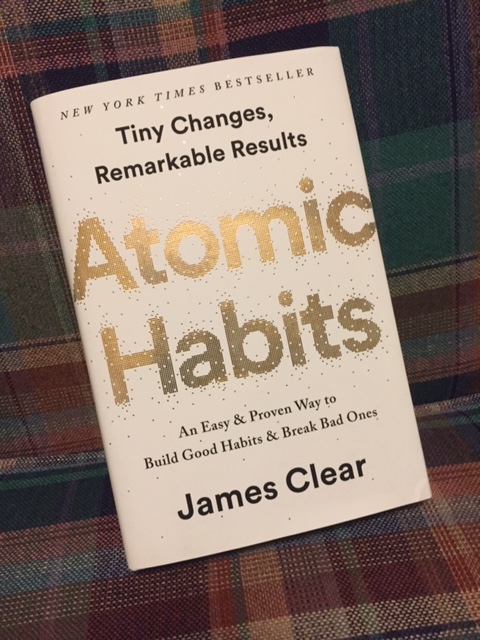
“Energy, not time, is the fundamental currency of high performance.”
–Jim Loehr & Tony Schwartz
Answer this question. If you decided you want to get more done in your work and pursuits, what would be more important—a detailed to-do list or a good night’s sleep followed by a good healthy breakfast?
It turns out that giving proper attention to your physical well-being comes first. If the fuel tank on my Nissan is nearly empty, I’m not going to make it to the show in downtown Nashville, about thirty miles from where I’m sitting, insane traffic and all. Our working production follows, metaphorically, a similar fuel-to-distance ratio.
Living in Middle Tennessee has its benefits. One is there are a lot of remarkable people who live within an hour of me. Michael Hyatt is one.
Michael has been in the book publishing industry for decades, first as partner in his own publishing company and then as Chairman and CEO of Thomas Nelson Publishers in Nashville. He is now CEO of Michael Hyatt & Company, a company dedicated to mentoring and leadership.
A self-confessed productivity nerd, Michael has made a lifetime pursuit of “how can I get more done in my day?” And one thought he shared in an earlier podcast really got my attention because I’d only ever thought of productivity in terms of lists to check off. Simply this: It is more important to manage your energy than your time.
This insight was not original with Michael. He’d gotten it from Jim Loehr and Tony Schwartz in their New York Times Bestseller The Art of Full Engagement.
As a result, Michael structures his life to make the most of this reality. This means he pays close attention to what he eats, how much he sleeps (seven to eight hours a night), and regular exercise. Bed, table, gym. Then Evernote, Franklin Covey Planner, MS Excel.
Here are questions to consider:
- Do you know what it means to eat well and, well, do you? Eating refined carbs will give you first an energy spike and then an energy drop, foggy brain and all.
- Are you aware that sleep deprivation can be as dangerous as alcohol intoxication, impairing your health, awareness, reaction times, etc. and putting others at risk?
- Do you approach regular exercise, though it involves the expenditure of energy, as something that increases energy through increased blood flow and release of neurotransmitters like dopamine that give you a greater feeling of well-being and elevate your mood.
You have one life and one body. Manage well!
Suggested Resources:
The Power of Full Engagement: Managing Energy, Not Time, Is the Key to High Performance and Personal Renewal (Jim Loehr & Tony Schwartz)
Sleep Smarter: 21 Essential Strategies to Sleep Your Way to A Better Body, Better Health, and Bigger Success (Shawn Stevenson)
Free to Focus: A Total Productivity System to Achieve More by Doing Less (Michael Hyatt)



 “When somebody comes to me and wants to sell me something, whether it’s Fuller brushes, a political position or whatever, the first thing I ask myself is, ‘Does this person know how to listen?’”
“When somebody comes to me and wants to sell me something, whether it’s Fuller brushes, a political position or whatever, the first thing I ask myself is, ‘Does this person know how to listen?’”




